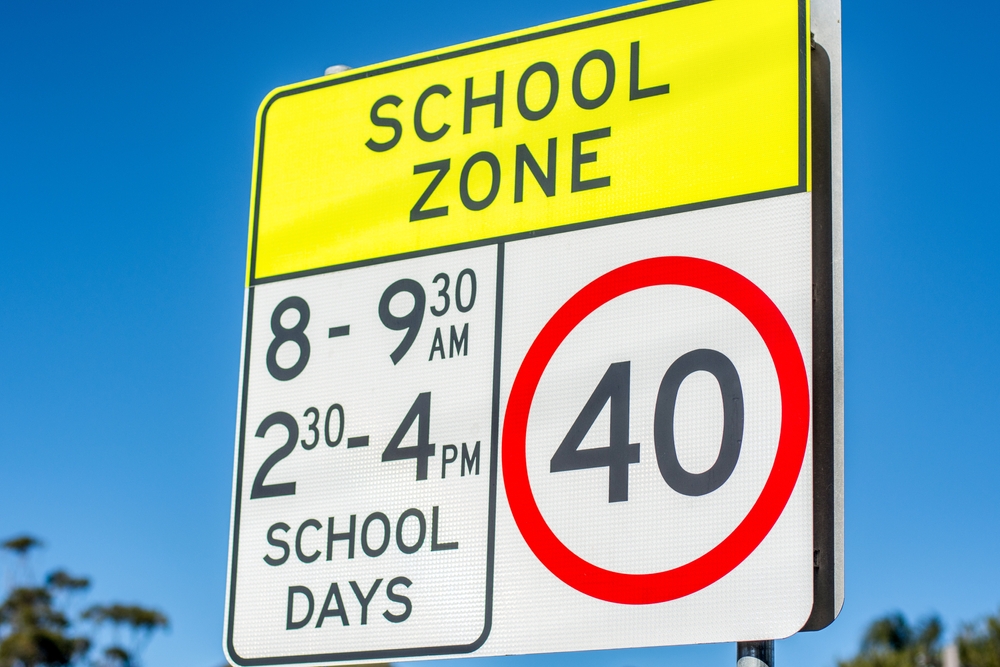How to Remove Demerit Points in Ontario
One of the most frequent questions we receive, both through phone calls and in-person visits to our offices across Ontario, is how to remove demerit points in Ontario. We understand that this is a critical concern for many individuals, especially those worried about their driving records and insurance rates. At OTD Legal, we’re dedicated to helping you address demerit point issues effectively. If you have a ticket in hand, don’t hesitate to reach out to us for assistance. We can help prevent demerit points from being added to your record.
Call Us First
- When facing demerit point issues, it’s essential to contact us as your first step.
- We will do our best to assist you, providing guidance and support tailored to your specific situation. If we can’t directly remove the points, we’ll educate you on the necessary steps to address the issue.
Understanding Demerit Point Timelines
- If you’ve been convicted of a driving offense, demerit points associated with that offense will remain on your driving record, known as a “driver’s abstract” for two years from the date of the offense.
- After the two-year period expires, the demerit points will be removed, leaving only the original offense on your record for an additional year.
- After three years, both the demerit points and the conviction will be completely removed from your record.
Reopening or Appeal
- Depending on your situation, we may recommend either a reopening or an appeal to address your demerit point concerns.
- A reopening is a relatively straightforward administrative process, typically less time-consuming and less expensive.
- If a reopening is not a viable option, a formal appeal may be necessary. Appeals involve higher courts and are overseen by provincial court judges, who assess various aspects of the case, including the accuracy of the penalty, the sustainability of the conviction, and the representation provided.
Why Choose OTD Legal
- Dealing with demerit points and traffic violations can be complex, and having professional legal guidance is crucial.
- Our team at OTD Legal is very experienced in this area of law, and we handle such cases daily.
- We are well-versed in the nuances of the demerit point system and traffic law.
- We offer a free consultation to provide you with the support and advice you need. Don’t hesitate to call us; we’re eager to assist you.
Additional Resources
- For more information on demerit points and driving records in Ontario, visit the official Ontario Ministry of Transportation website.
- To learn about traffic laws and regulations, visit the Ontario Traffic Council website.
- Does a Speeding Ticket for 34 km/h Over the Speed Limit carry any demerit points?
- Demerit Points For Not Wearing Seatbelt
- Demerit Points And Speeding Tickets
Video Transcription:
I’ve been asked from time to time, throughout the day, how to remove demerit points in Ontario There are phone calls, clients will walk in across Ontario to the offices and that is a very key question to them because they’re very worried. It’s sort of a two-pronged question because sometimes those people are coming in with a ticket in hand, which means there are no demerit points actually on their record at that point in time, and we’re in a position to really help them because we can then take over and prevent that from ever happening. I think that’s an important thing to do. So ultimately what I’m saying when I’ve told you is; call us first.
We’re gonna do our best to try to help you, and if we can, we will. And if we can’t, we’re gonna at least educate you on what you’re going to need to do next.
One caveat you might want to be considering is that when an offense occurs, and there are demerit points, because some people will simply call after they’ve tried to represent themselves or something. They’ve been convicted, now they want to know, well, I’ve got these points. I’m worried about my insurance, what am I to do now? Well, I think you have to know what exactly you’re facing. Obviously this is a problem, but we have to circumscribe the problem by understanding the timelines on that thing. So if you are convicted of an offense, from the date of the offense for two years, so 24 months, those points will be on your record, often called a “driver’s abstract”.
After the two years has expired, those points will be removed and your record is clean, save and except for the original offense will be there for one further year. So after three years, both the demerit points and the conviction will be gone. The other way that we would address the question depending on what it would be, is whether you would need a reopening or an appeal.
That’s contingent upon a client coming in with a piece of paper, maybe they’ve tried in traffic court to represent themselves, and they’re simply looking for what to do now because they assume they’d be successful. They weren’t, they’ve been convicted. What do we do? We have to consider it one or two ways. There are two things that can be done at this point in time. One would be called a reopening, a relatively easy administrative thing to file for them.
Shorter period of time, less expensive for the client, and great if we can do a reopening. In the cases where we cannot do that, we would have to file what’s called a formal appeal. Those appeals would go to the next higher court, and it would be usually in front of a provincial court judge, and the provincial court judge will be deciding on whether or not the penalty is accurate. Whether or not the penalty should be adjusted, whether or not the conviction is sustainable, whether or not the evidence were there, whether or not the defendant himself was properly or herself properly represented. There are many things that they would look at. In most cases though, after an appeal, if there is merit, we’re gonna see that, we’re gonna know.
We would talk to you about those grounds, and we’d make a very good decision on whether or not we wanted to do that. And if we did want to do that, we would’ve a very reasonable chance of being successful. To circumscribe, or to give you a recap, a recap of what I’ve said. I think it’s important that when you’re dealing with these questions, they’re not easy ones.
Despite your education level or your intelligence. It has nothing to do with who you are in society. This is difficult stuff. It’s a very focused area of law. We do this every day. We are focused. We know this stuff. We know this stuff inside out. There’s no doubt that we know what we’re doing. You should know that too, that we can help you and I would suggest if we can, why not call us, give us a call. We’ll walk you through this. It is a free consultation. I’m anxious to talk to you.







